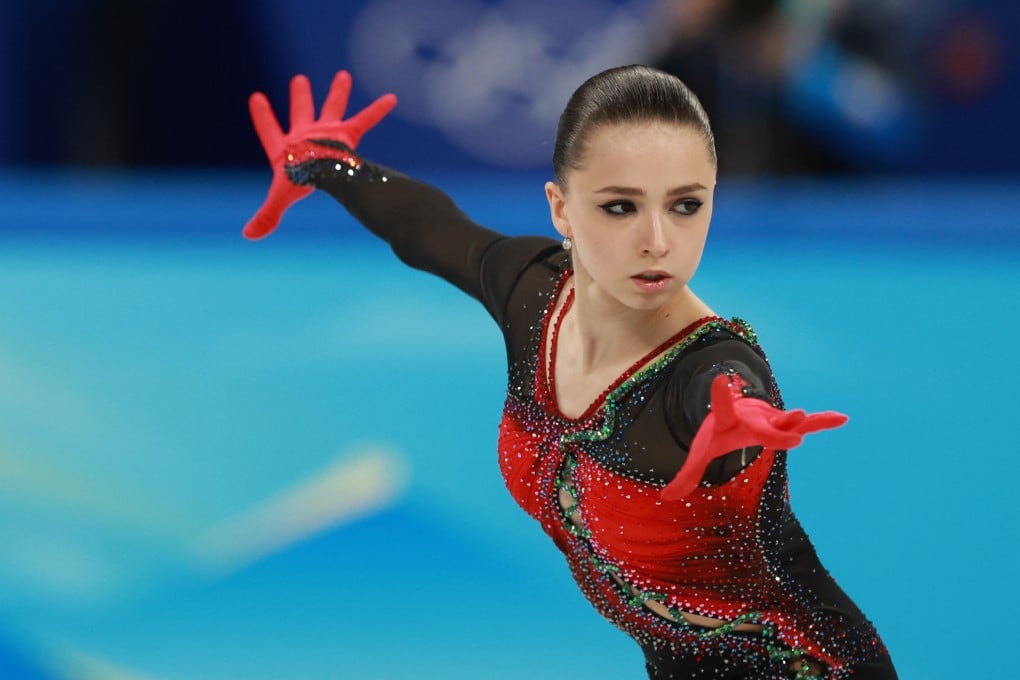Winter Olympics: how the drug found in Kamila Valieva’s sample, trimetazidine, enhances performance in sports
- The Russian figure skater, Chinese swimmer Sun Yang and American swimmer Madisyn Cox all tested positive for the banned substance
- The substance was added to Wada’s banned list in 2014, months before Sun tested positive for it, for which he served a three-month ban

Trimetazidine is a drug used to prevent or treat angina attacks – a type of chest pain caused by reduced blood flow to the heart—and other heart-related conditions. It works by increasing blood flow to the heart and limits rapid spikes in blood pressure.
It has been on Wada’s list of prohibited substances since 2014, first as a stimulant but was then reclassified under the “hormone and metabolic modulator” category the following year. It remains on the 2022 banned list as a metabolic modulator.
It is illegal for athletes to use in and out of competition because of evidence of performance enhancement. Although it does not have the muscle building or stimulant-like effects of many commonly recognised performance-enhancing drugs, trimetazidine may enhance athletes’ physical efficiency and endurance.

The drug can also affect metabolism in a way that can improve skeletal muscle or heart performance and this kind of improvement in endurance is crucial for athletic performance.
Typically, when used as a performance-enhancing drug, trimetazidine starts to work within hours of swallowing a single dose, and the clinical effects can last for days. It may be detected in athletes’ urine for several days after their last use of the drug.
On February 7, Kamila Valieva of the Russia Olympic Committee led her compatriots to gold in the figure skating team event after finishing first in the last event – women’s single skate. However, no medal ceremony was held after it was discovered the 15-year-old tested positive of trimetazidine in her urine sample taken at the Russian Nationals in late December.
The New York Times later reported Valieva’s sample also tested positive for two other drugs: hypoxen and L-carnitine, which are not on the banned list. The combination of these drugs with trimetazidine has been called a “trifecta of substances”, which seem to be aimed at increasing endurance, reducing fatigue and promoting greater efficiency in using oxygen.
Valieva was not the first prominent athlete that failed the same doping test.